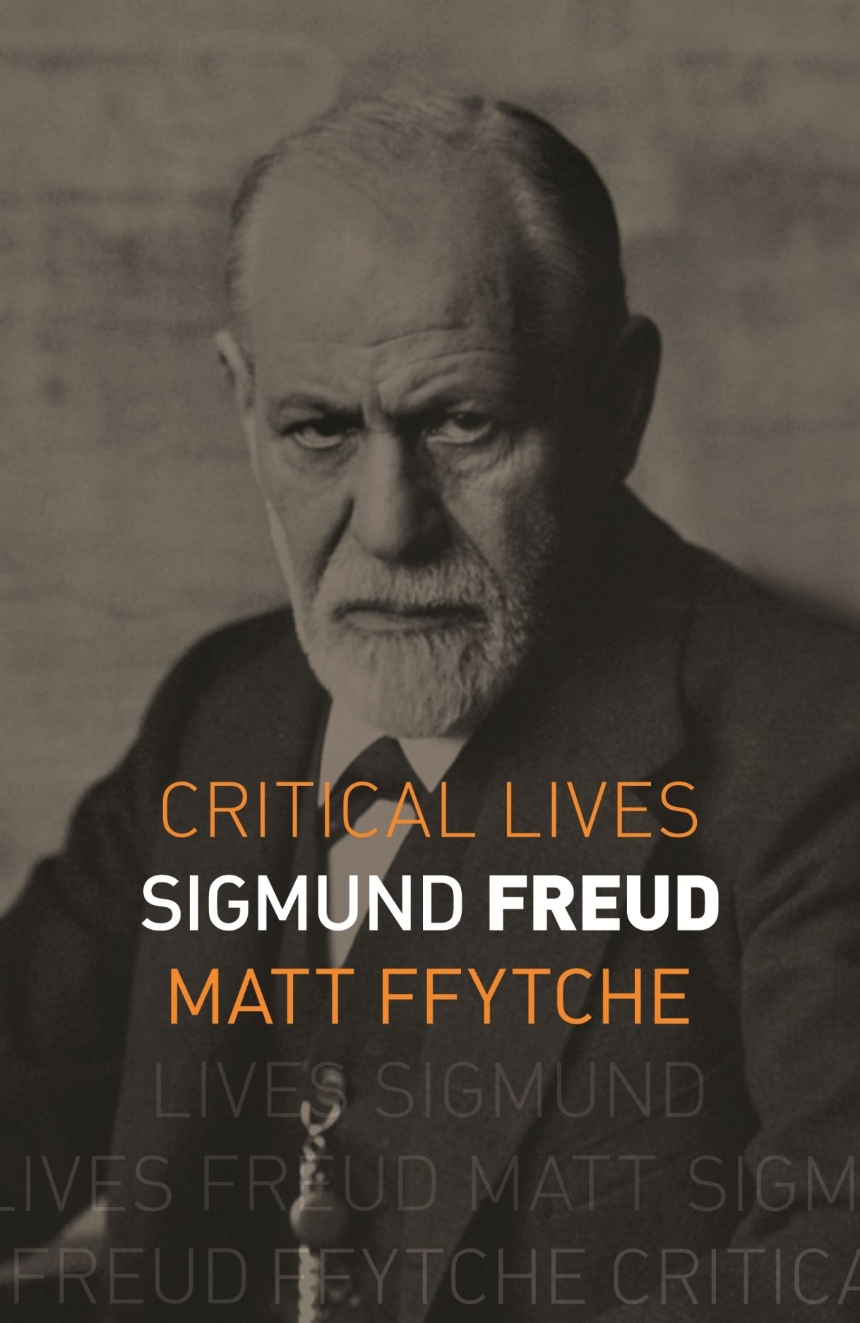Distributed for Reaktion Books
Sigmund Freud
Drawing on the latest research, an engaging and nuanced biography of Freud that argues for his continuing relevance.
However much his work has been reviled or contested, Sigmund Freud remains one of the most significant thinkers of the last one hundred and fifty years. He founded psychoanalysis, and his vision of human behavior and the unconscious mind provided a compelling paradigm for the understanding of society for much of the twentieth century.
In this gripping new account, Matt ffytche draws on the latest research into Freud’s impact and historical context, making the case for his continuing relevance in analyzing the vagaries, resistances, and desires of the human mind. Engaging and accessible, Sigmund Freud appeals to both students and the general reader, as well as anyone fascinated with mental health, dreams, and the hidden depths of human experience.
However much his work has been reviled or contested, Sigmund Freud remains one of the most significant thinkers of the last one hundred and fifty years. He founded psychoanalysis, and his vision of human behavior and the unconscious mind provided a compelling paradigm for the understanding of society for much of the twentieth century.
In this gripping new account, Matt ffytche draws on the latest research into Freud’s impact and historical context, making the case for his continuing relevance in analyzing the vagaries, resistances, and desires of the human mind. Engaging and accessible, Sigmund Freud appeals to both students and the general reader, as well as anyone fascinated with mental health, dreams, and the hidden depths of human experience.

